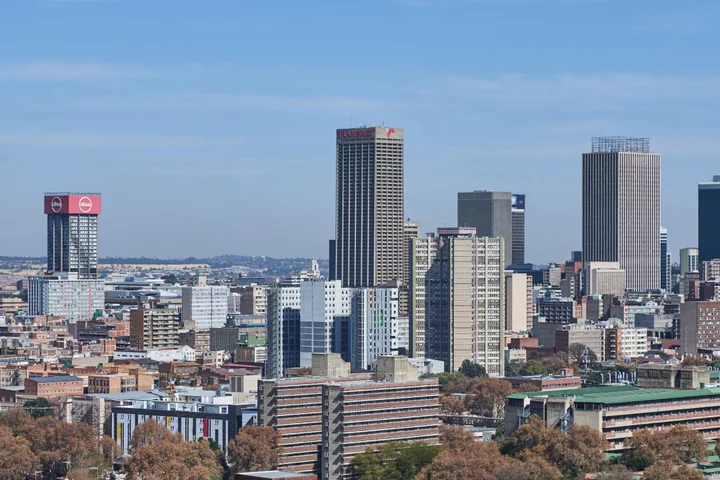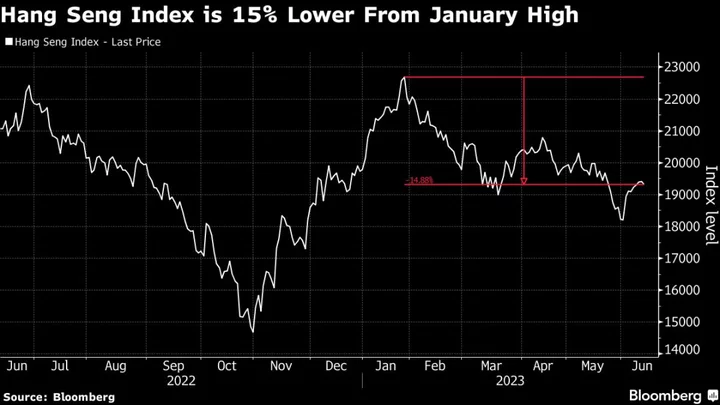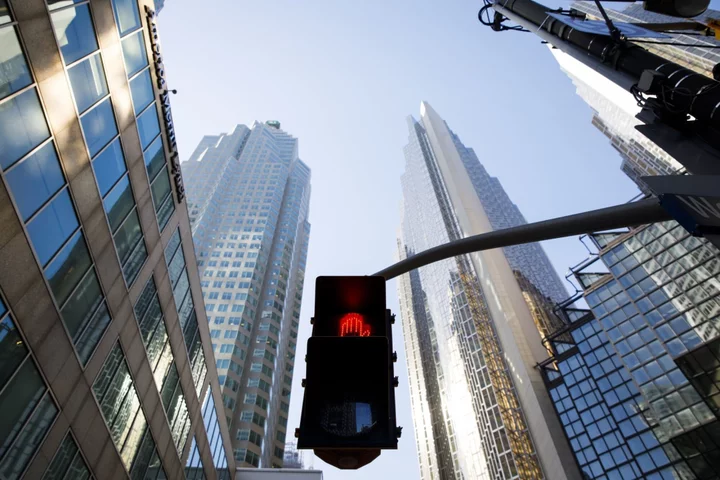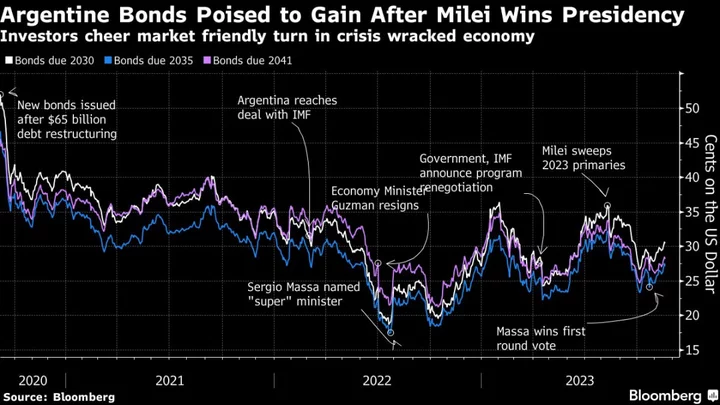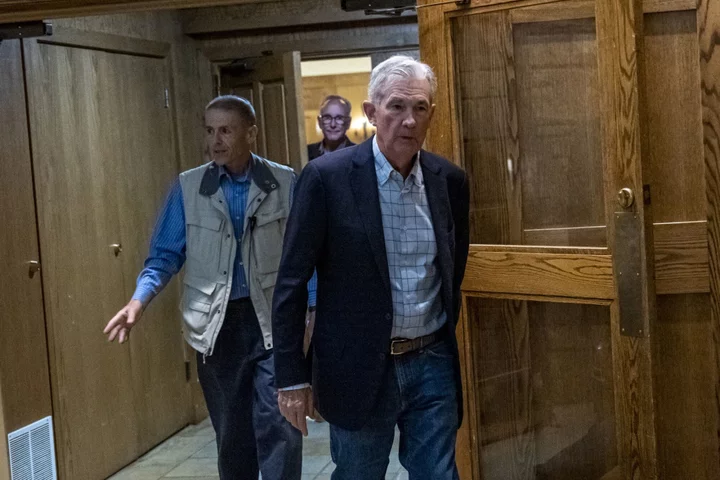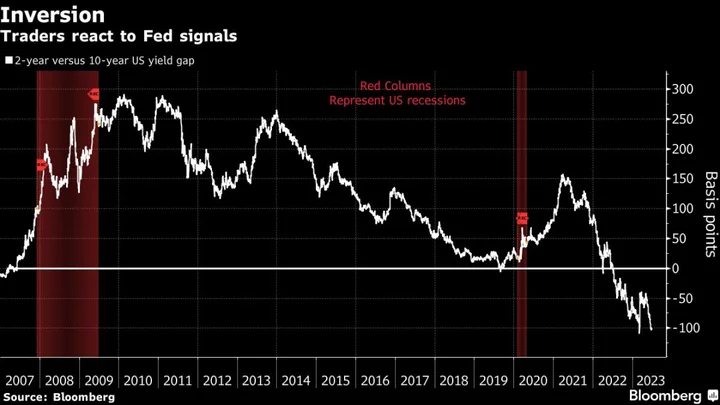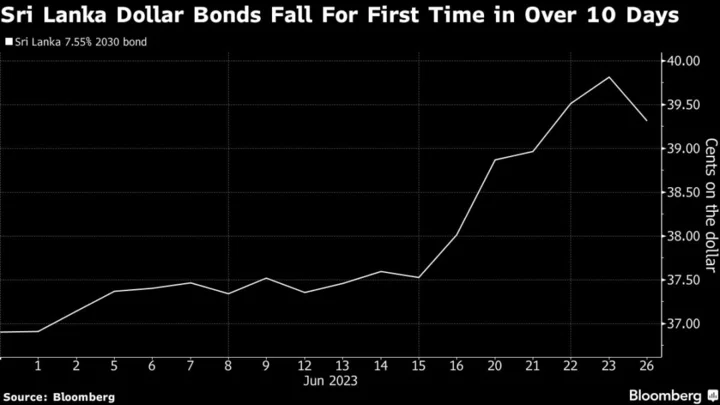South Africa’s embattled state-owned freight-rail and ports company identified areas that require immediate state support in a turnaround plan that is being submitted to the government.
Transnet SOC Ltd.’s board plans to meet the Ministry of Public Enterprises and the Ministry of Finance this week to discuss the plan, it said in an emailed statement on Oct. 14. Once approved by Public Enterprises Minister Pravin Gordhan’s department, it will be discussed with labor unions, employees, customers and lenders, the company said.
A turnaround plan written under the oversight of the South African presidency and distributed to labor unions and business sets out ways to reverse the collapse of Transnet, which has cost Africa’s most-industrialized economy at least $26.7 billion since 2010. Volumes of goods and commodities, including iron ore and coal shipped through the company’s freight rail network for export, have dropped because of issues including vandalism, idle locomotives and cable theft.
The government has begun talks with the World Bank for a $1 billion loan to upgrade Transnet’s rail infrastructure and support state power utility Eskom Holdings SOC Ltd.’s transmission unit, Johannesburg-based newspaper Business Day reported Oct. 13.
Transnet’s turnaround plan sets out operational and financial initiatives that must be implemented over the next six, 12 and 18 months to stabilized the business, according to the statement. It’s prioritized the filling of three executive positions, following the resignations of its chief executive officer and head of its freight-rail division earlier this month. Former Chairman Popo Molefe also quit the board last week.
The company last week issued advertisements for three positions: group CEO, group chief financial officer, and CEO of Transnet Freight Rail.
(Updates with job advertisedments for three posts in final paragraph. An earlier version of this story was corrected to remove the reference to the plan being submitted to the presidency, and to add wording on the broader impact on trade in the third paragraph.)

